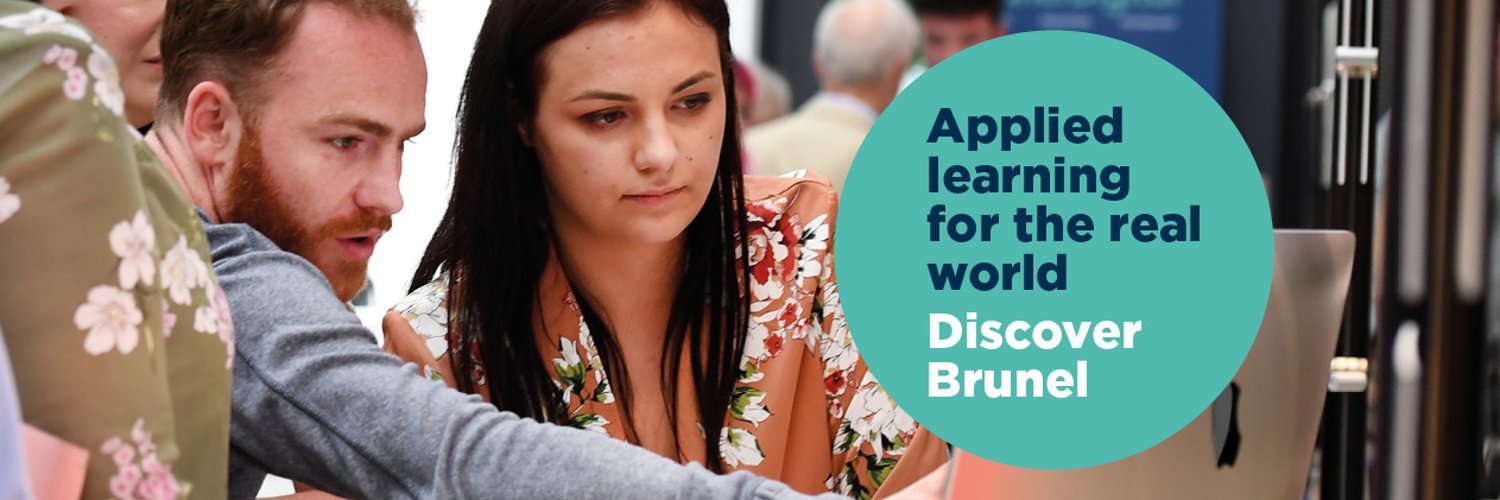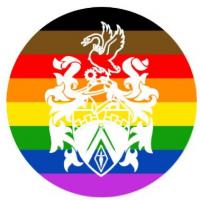Sociology and Communication PhD
The Sociology and Communications group is a dynamic, international and globally respected community of researchers. Members are at the forefront of study into subjects as diverse as globalisation and social transformation, political communication, communication and social change; gender and sexuality, the body, human-animal studies, the senses and embodiment, race and ethnicity, the environment, urban space and cities, digital cultures, public communication, young people, rights and the global south; popular culture, comedy/humour studies, experimental multi-media, and sports studies.
Join an expert interdisciplinary community that publishes innovative and world-leading research addressing contemporary concerns and emerging social and cultural challenges.
Be part of a thriving research culture where researchers have received regular grants from the AHRC, ESRC and British Academy.
Benefit from our excellent multi-Supervisory teams to support your postgraduate study.
Enjoy being part of a collegial and active research environment.
Find out about the exciting research we do in this area. Browse profiles of our experts, discover the research groups and their inspirational research activities you too could be part of. We’ve also made available extensive reading materials published by our academics and PhD students.
Learn more about research in Sociology and Communications and Media Studies.
While we welcome a wide range of topics in the areas of Sociology & Communications, here is an example list of potential research topics that we would like to supervise:
Digital antagonism, exclusions and discrimination
Environmental Communication
Popular communications and Social change
Public sphere, deliberative democracy and free speech
Public space and protest movements
Surveillance and algorithmic profiling
Creative industries, inequality and diversity
Comedy, Identity and Society
Intersectional Veganisms
Transgenderism and ‘Transracialism’
Reality Television and Ethnic Minority Girls
Cities, urban change and place
Sensory Sociology
Culture, Space, Time and Cities
Political economy of communication/media
The digital revolution and social change
The rise of the far-right and neo-fascism
Radical social movements, the precariat and digital labour
Democratisation and the clash of civilisations
World-systems analysis
Anarchist social thought
Emergent Digital Media Technologies
Film & Media History
Globalisation and youth activism
Children and international development
Globalisation of education
Science and society
Urban Space and Experience
Intakes
- Jan
- April
- Oct
Application Processing Time in Days: 30
Minimum English Language Requirements
| English Level Description | IELTS (1.0 -9.0) | TOEFL IBT (0-120) | TOEFL CBT (0-300) | PTE (10-90) | |
|---|---|---|---|---|---|
| Expert | 9 | 120 | 297-300 | 86-90 | |
| Very Good | 8.5 | 115-119 | 280-293 | 83-86 | |
| Very Good | 8 | 110-114 | 270-280 | 79-83 | |
| Good | 7.5 | 102-109 | 253-267 | 73-79 | |
| Good | 7 | 94-101 | 240-253 | 65-73 | |
| Competent | 6.5 | 79-93 | 213-233 | 58-65 | |
| Competent | 6 | 60-78 | 170-210 | 50-58 | |
| Modest | 5.5 | 46-59 | 133-210 | 43-50 | |
| Modest | 5 | 35-45 | 107-133 | 36-43 | |
| Limited | 4 | 32-34 | 97-103 | 30-36 | |
| Extremely Limited | < 4 | < 31 | < 93 | < 30 |
Job Opportunity Potential
Making effective applications
Preparing for interviews
Make the most of your careers service, throughout your degree and beyond
Where could your degree take you?
Build your career while studying and gain an insight into the range of paths open to you
Skills Awards and Programmes
Build the skills employers look for with Ready, Brunel+, BSIP, and professional mentoring
Moving on as a graduate
We're still here for you after you finish your degree - up to 3 years after graduation
PSW Opportunity
2 Years PSW is applicable after the course completing (Bachelors level or above)
Admission Requirement / Eligibility Criteria
The general University entrance requirement for registration for a research degree is normally a First or Upper Second Class Honours degree (1st or 2:1).
An interview may be required as part of the admissions process, and if so it would be conducted by one of the academic staff members remotely via Skype, phone or other means.
A minimum score of 55%-75%. Offers within the grade range are determined by the higher education institution attended.
If you require a Tier 4 visa to study in the UK, you must prove knowledge of the English language so that we can issue you a Certificate of Acceptance for Study (CAS). To do this, you will need an IELTS for UKVI or Trinity SELT test pass gained from a test centre approved by UK Visas and Immigration (UKVI) and on the Secure English Language Testing (SELT) list. This must have been taken and passed within two years from the date the CAS is made.
English language requirements
IELTS: 6.5 (min 6 in all areas)
Pearson: 58 (51 in all subscores)
BrunELT: 65% (min 60% in all areas)
TOEFL: 92 (min 20 in all)
- Course Code: SOCIORESDFTD
- Course Type: Full Time
- Course Level: Doctoral Degree/PhD
- Duration: 03 Year
-
Total Tuition Fee:
49005 GBP
Annual Cost of Living: 12006 GBP
Application Fee: N/A

